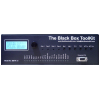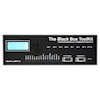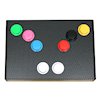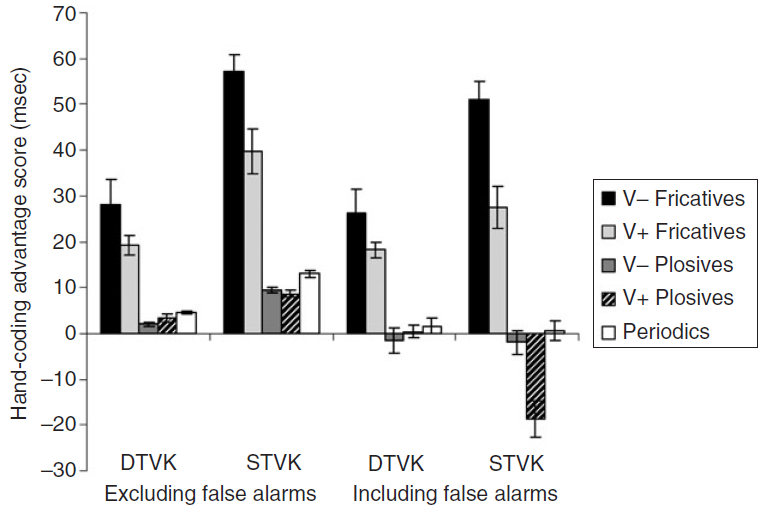Background
At the Black Box ToolKit we specialize in helping you achieve millisecond accurate presentation, synchronization, and response timing in your computer-based psychology experiments. Here are just a few of the things that can stop you doing just that!- TFT Input lag
- TFT response time
- Image intensity
- Sound card latency
- Response devices
- Voice keys
- 3rd party equipment
- OS issues
- Software settings
- Conditional biases
- The laws of physics




Need more help?
If you are unsure of how our products could work for you take a look at our What, Why and How pages. Answers to common application questions can be found in the FAQ section.If you have an application in mind but aren't sure, feel free to get in touch via email. Alternatively contact us by mail, phone or fax. We are here to help!
Voice keys for vocal responses in psychology experiments
 In certain psychology
experiments voice keys are used for recording responses and
measuring reaction times. These operate on the basis of "crossing
thresholds" or the number of times an auditory signal reaches or
crosses a certain set threshold. The trigger threshold for a voice
key is also susceptible to whether fricatives, plosives, voiced or
unvoiced sounds are made in order to trigger it.
In certain psychology
experiments voice keys are used for recording responses and
measuring reaction times. These operate on the basis of "crossing
thresholds" or the number of times an auditory signal reaches or
crosses a certain set threshold. The trigger threshold for a voice
key is also susceptible to whether fricatives, plosives, voiced or
unvoiced sounds are made in order to trigger it.Often the researcher is unaware of what this threshold actually is and whether the setting is the same as one used previously. As with other response devices the electronics and the interface used can vary considerably from device to device which can add 10's if not 100's of milliseconds to actual response times.
Without independently checking trigger thresholds it is often hard to determine exactly what is happening. Poorly calibrated voice keys can account for a significant amount of variation within your experiment. The highly sensitive Black Box ToolKit v2 digital microphone can help you calibrate you own voice keys for use in your own experiments.

Typical timing error in
standard voice keys (STVK) versus hand coding the recorded
waveform (adapted from Tyler et al, 2005)
For a more in-depth discussion on voice keys and the magnitude of
error they can introduce consult:waveform (adapted from Tyler et al, 2005)
Kessler et al (2002), "Phonetic Biases in VoiceKey Response Time Measurements".
Tyler et al (2005), "The delayed trigger voice key: An improved analogue voice key for psycholinguistic research".
